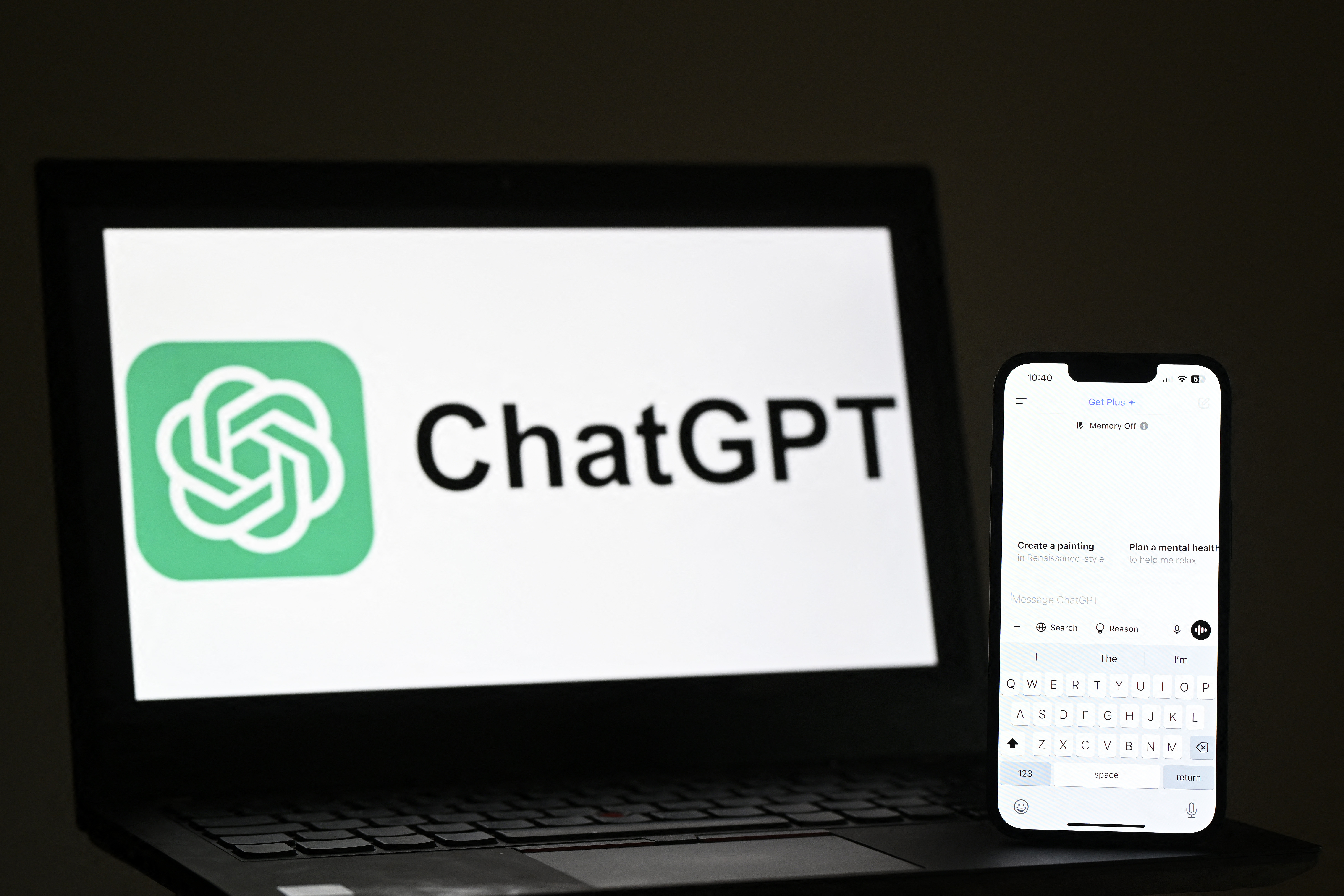
OpenAI defended itself against a lawsuit accusing ChatGPT of coaching a 16-year-old to kill himself, saying the chatbot directed the teenager to seek help more than 100 times.
In a court filing Tuesday, the artificial intelligence startup called the death of California high school student Adam Raine “a tragedy” and said a “full reading of his chat history shows that his death, while devastating, was not caused by ChatGPT.”
Raine told the chatbot that “for several years before he ever used ChatGPT, he exhibited multiple significant risk factors for self-harm, including, among others, recurring suicidal thoughts and ideations,” according to the filing in San Francisco Superior Court.
ALSO READ: OpenAI, Altman sued over ChatGPT's role in California teen's suicide
Lawyers for OpenAI said that ChatGPT directed Raine to connect with “crisis resources and trusted individuals more than 100 times.” In the weeks and days before his death, Raine “told ChatGPT that he repeatedly reached out to people, including trusted persons in his life, with cries for help, which he said were ignored,” according to the filing.
In August, Raine’s family sued OpenAI and its chief executive officer, Sam Altman, over his death, alleging that ChatGPT guided the teenager through the process of tying a noose and offered to help him write a suicide note.
In the wake of the suit, the company announced a slew of changes to ChatGPT, including controls that let parents limit the ways teenagers use the chatbot and receive alerts if it determines a teenager may be in distress.
READ MORE: OpenAI launches GPT-5 as the AI industry seeks a return on investment
In a statement, Raine family attorney Jay Edelson called OpenAI’s filing “disturbing,” saying the company “tries to find fault in everyone else, including, amazingly, by arguing that Adam himself violated its terms and conditions by engaging with ChatGPT in the very way it was programmed to act.”
The lawsuit includes claims for wrongful death, product liability and negligence.
The case is Raine v. OpenAI Inc., CGC25628528, California Superior Court, San Francisco County.


